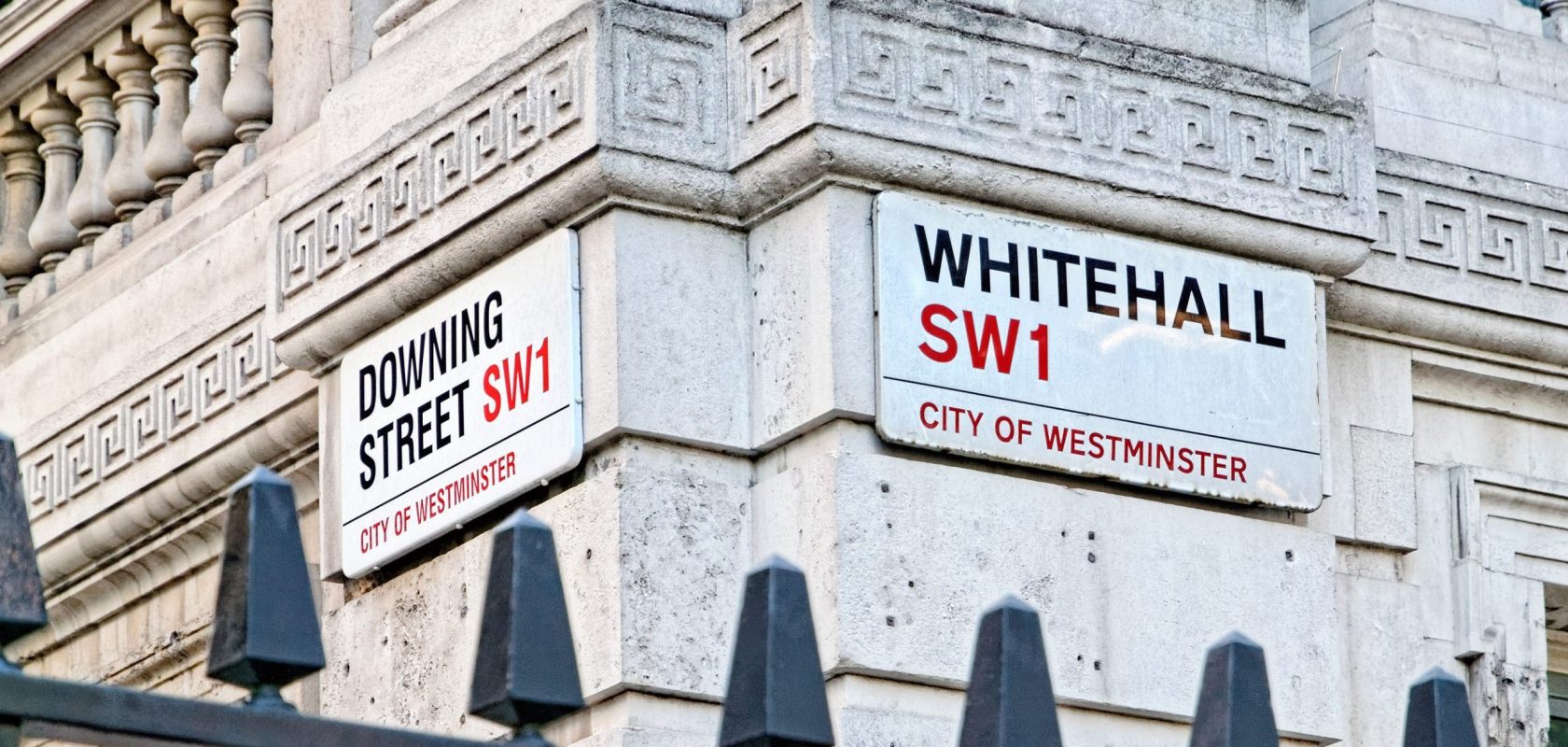New workforce report
On Monday 25 July the Health and Social Care Select Committee published it’s report Workforce: recruitment, training and retention in health and social care. Key points relating to general practice include:
- The lack of a workforce plan from the Government means they are not on track to deliver the 6,000 extra FTE GPs pledged at the last election. The persistent understaffing of the NHS now poses a serious risk to staff and patient safety both for routine and emergency care. It also costs more as patients present later with more serious illness.
- The current rate of international recruitment is not sustainable in the context of an international shortage of health professionals, including having 47% of new GP trainees coming from overseas medical schools. Although the report went on to call for better mutual recognition to make it easier for overseas qualified staff to get on to the GP and specialist registers and an easier visa regime for those completing GP training to stay in the country.
- The NHS should develop a retire-and-return scheme to replace ad-hoc local ones, which would help to alleviate the workforce impact of GPs and consultants taking early retirement because of the pensions taper issue.
- The training tariff paid for doctor and non-doctor roles should be reviewed and become more transparent, the low funding given to GP practices who take student nurse placements was used as an example to support this point.
- The Government should report back on its progress in closing the gender pay gap in medicine, with reference to implementation of the recommendations in Mend the Gap: The Independent Review into Gender Pay Gaps in Medicine in England.
- The NHS should look to improve its complaints procedure to ensure that doctors are supported throughout any investigation or inquiry, including to the General Medical Council (GMC), and are protected in particular from spurious, vexatious, or discriminatory complaints. This should include consideration of amending the legislation that defines the GMC’s remit and how it investigates doctors.
Health questions 19 July
Steve Barclay MP took questions in the House of Commons on 19 July in his capacity as the new Secretary of State for Health and Social Care. The questions include a set specifically on GP access, covering:
- Judith Cummins (Lab, Bradford South) asked what steps are being taking to help improve access to GPs and to guarantee face-to-face appointments for those patients for the elderly and vulnerable?
- Jo Churchill (Con, Bury St Edmunds) asked for a commitment for hospital doctors to be added to the system that allows electronic prescriptions to be sent to pharmacists, thus saving GP time and meaning patients can collect prescriptions immediately after they are discharged. Note: Dr Michelle Drage, Londonwide LMCs’ CEO, has written to Jo Churchill in support of this idea and to encourage her to continue to advocate for it.
- Kim Leadbeater (Lab, Batley and Spen) asked for extra support for pharmacists, saying pharmacy closures are adding to GP pressures.
Notable other questions included:
- Wes Streeting (Lab, Ilford North and Shadow Secretary of State) challenged Mr Barclay on the Government’s record on health and the specifically on the unfunded pay rise announced for NHS staff.
- Jeremy Hunt (Con, South West Surrey and Chair of the Health and Social Care Select Committee) ask about changing the GP contract to remove micromanagement and free capacity for continuity of care.
- Vicky Foxcroft (Lab, Lewisham and Deptford) ask about access to Evusheld for immunocompromised patients vulnerable to Covid.
- Rushanara Ali (Lab, Bethnal Green and Bow) asked about NHS waiting lists.
- Mr Barclay also took groups of questions on Covid vaccine uptake, A&E waiting times, cancer outcomes and discharge delays relating to lack of social care capacity among other topics.

